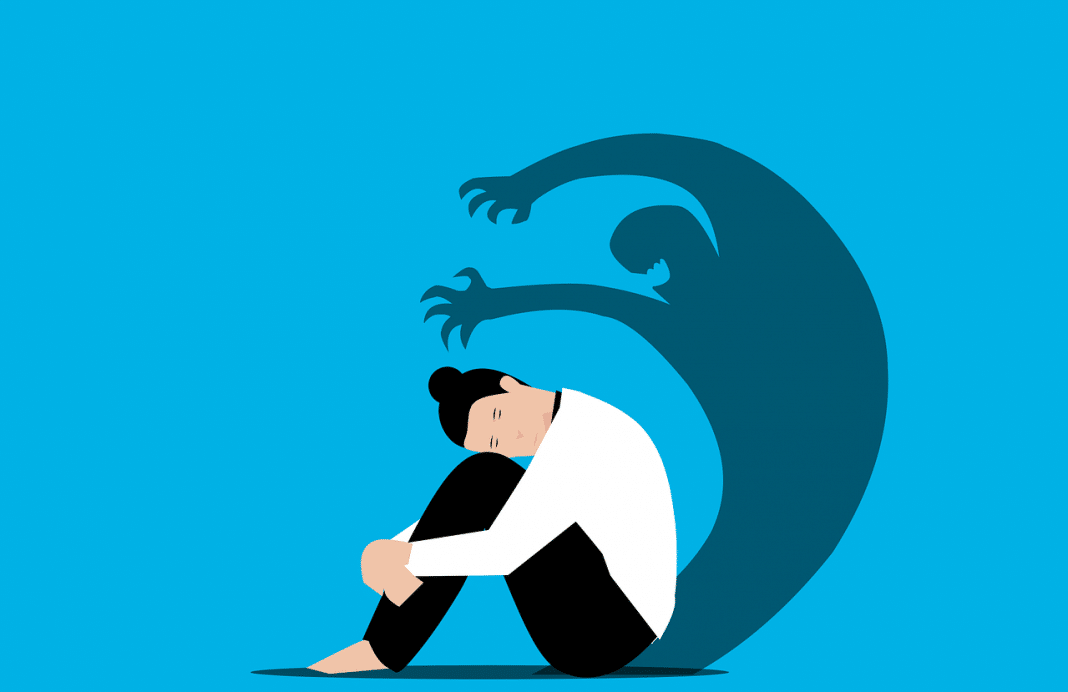This article was developed via a partnership with BetterHelp.
The term “mental health” has been gaining in popularity and in Internet searches as more and more people come to understand how important it is. But what exactly is “inclusive mental health”?
Inclusive mental health refers to a form of mental healthcare that does not exclude anyone, no matter their background, income level, gender, sexual orientation, or religion.
Continue reading to learn more about inclusive mental health, why it’s important, and why it may or may not be accessible for everyone.
Inclusive Mental Health
There are countless articles nowadays on mental health, such as this one on the impact that gratitude can have on our mental health. Unfortunately, there is much less attention being put on inclusive mental health.
Indeed, many people lack proper access to mental health, meaning that inclusive mental health is out of reach for them. There are many reasons for why this is, and we will cover them in the next section.
One good thing is that inclusive mental health is gaining in popularity, and you can find more and more information about it thanks to helpful online resources such as BetterHelp.
Accessibility of Inclusive Mental Health
Accessibility is the key factor involved when it comes to inclusive mental health. If it is not readily accessible by all, then it is not inclusive. Rather, it would be a form of mental healthcare that is exclusive.
Here are ways that mental healthcare can be more or less inclusive.
Cost
Mental healthcare, depending on the country, can be more or less affordable. Unfortunately, it is too expensive for many people around the world, particularly if they lack a strong, universal healthcare system.
When someone feels as if they cannot afford the mental healthcare they need, this is a failure on the part of their government’s infrastructure. It is also the opposite of inclusive mental healthcare when people are excluded based on their income or any other reasons.
Gender
There has long been a stigma that men should be mentally tough and shouldn’t need therapy. In many places around the world, this is unfortunately still the case. It means that men may face mental barriers that keep them from getting the help they need, and they may even face insurance companies and healthcare that dismisses their concerns, simply because they are men.
Sexual Orientation and Transgender People
Many people who identify as non-heterosexual and/or as transgender need specialized mental healthcare. They need someone who is well informed on the topic of sexual identity and who will support them regardless of how they identify in terms of gender or sexuality.
Unfortunately, many forms of traditional mental healthcare do not adequately respond to these people’s needs.
Conclusion
Mental health is just as important—if not more so—than physical health. And yet, many people cannot get the mental healthcare that they need. No matter the form of discrimination, this is unacceptable. Simply not having enough money, identifying as gay or transgender, or being a man should not disqualify you from mental healthcare.
These are the reasons why inclusive mental health is so important. Hopefully, the days to come will usher in more tolerant, fair, and inclusive systems of mental healthcare all around the world. Telehealth is one example of a more inclusive, accessible form of mental healthcare, so it provides some hope that changes can and will be made.

